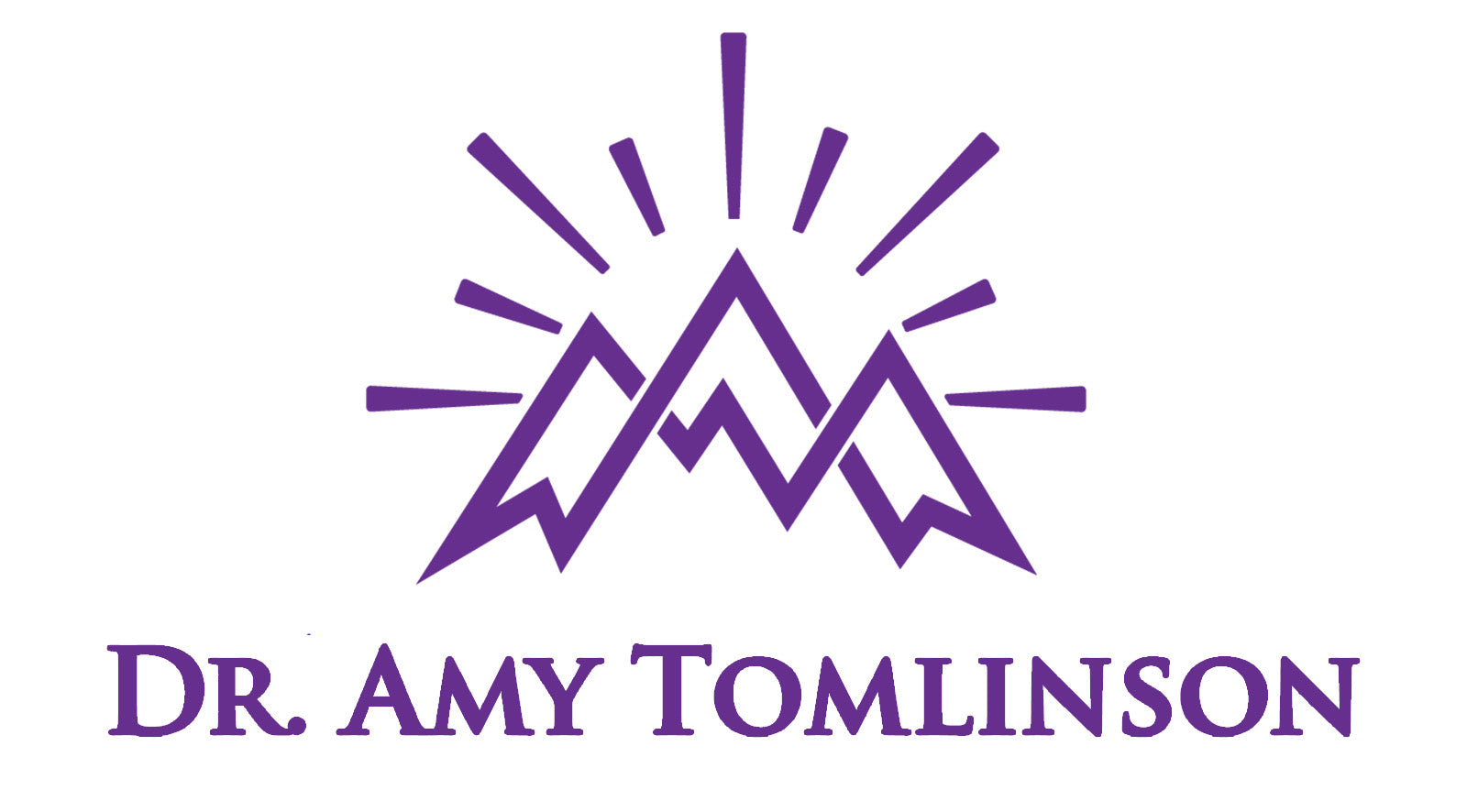In the intricate dance of well-being, hormones play a leading role, acting as the body's chemical messengers. They influence nearly every physiological process, from metabolism to mood regulation. Given their pivotal role, maintaining hormonal balance is essential for your overall health — a balance profoundly influenced by diet and lifestyle.

Diet: The Foundation of Hormonal Health
What we eat directly impacts our hormone levels and their functioning. Nutrient-dense foods support the endocrine system, while processed foods can throw hormones into disarray. Incorporating a variety of whole foods, rich in omega-3 fatty acids, antioxidants, and fiber, can aid in stabilizing hormones. Conversely, excessive sugar and refined carbs have been shown to disrupt insulin levels, a key hormone in regulating blood sugar and energy.
Lifestyle: The Pillar of Equilibrium
Lifestyle choices, including physical activity, stress management, and sleep, are equally crucial in maintaining your hormonal balance. Regular exercise can help you regulate insulin, improve sleep quality, and reduce stress levels, all of which contribute to your hormonal equilibrium. Stress management techniques, such as meditation and mindfulness, can lower cortisol levels, reducing the risk of chronic stress impacting other hormonal functions. Adequate sleep is not just restorative; it's a critical period for your hormonal regulation, particularly for growth hormone and cortisol.
Integrating Diet and Lifestyle for Hormonal Harmony
The synergy between diet and lifestyle creates a foundation for hormonal health. Simple changes, like prioritizing whole foods, managing stress, and ensuring quality sleep, can have profound effects on your hormonal balance. Dr. Amy Tomlinson advocates for this integrated approach, emphasizing its significance in holistic healthcare. By understanding and applying these principles, individuals like you can take proactive steps towards improved health and well-being.
















